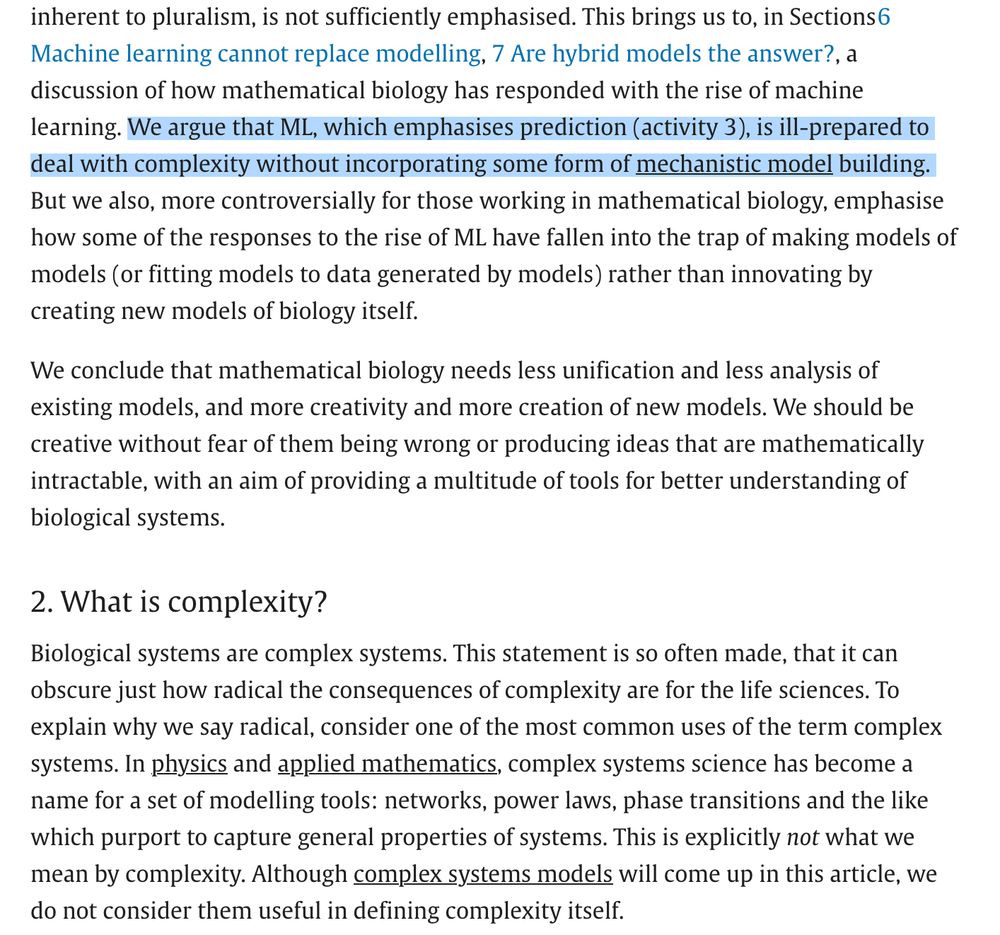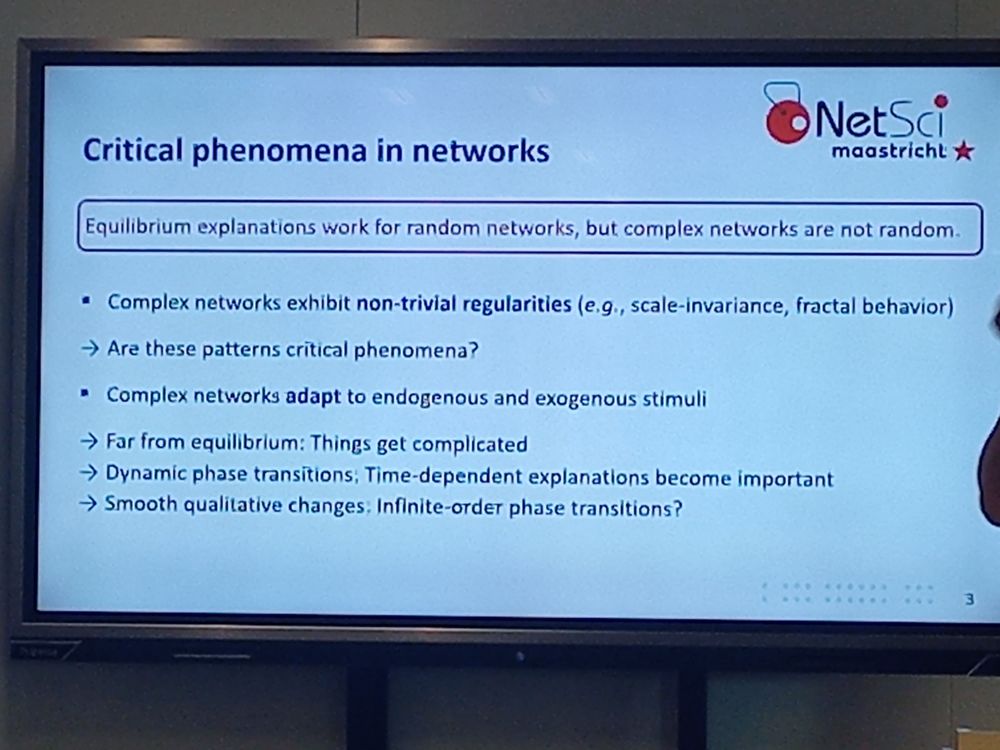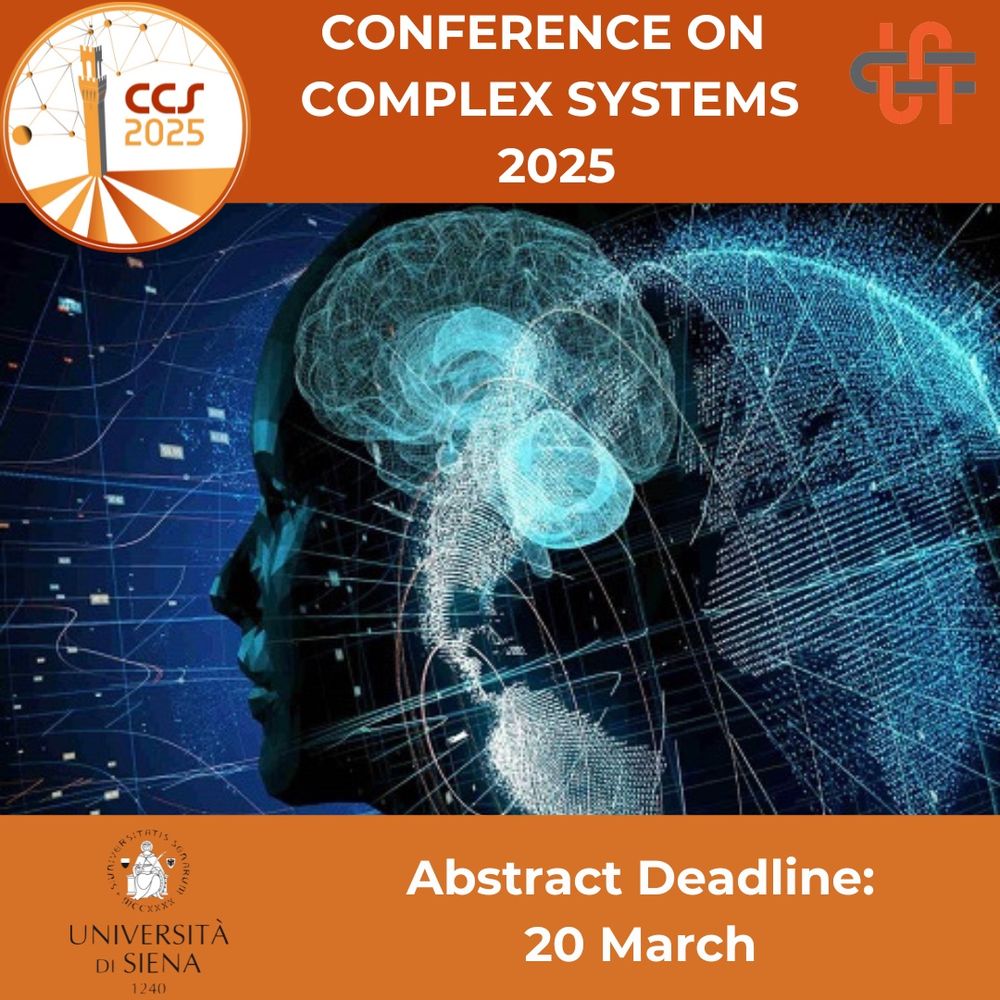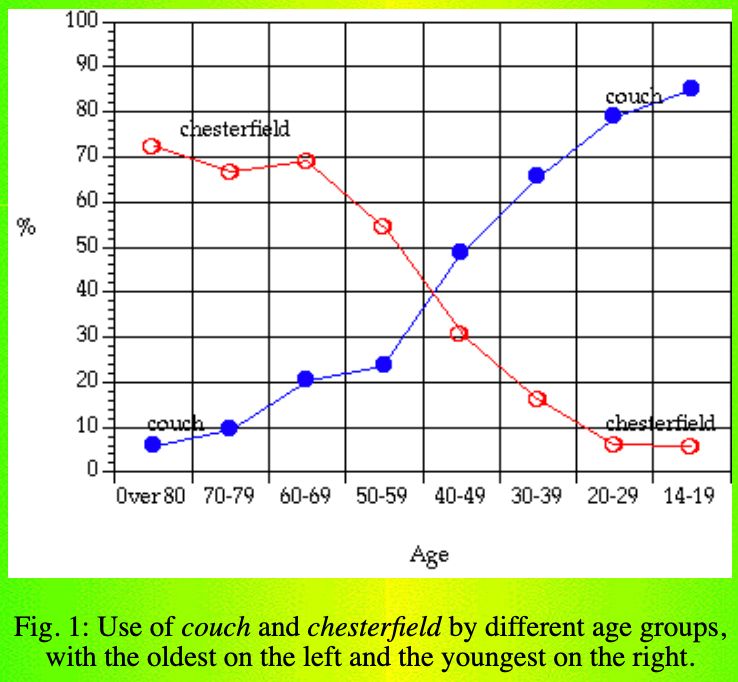New paper: "Large Language Models and Emergence: A Complex Systems Perspective" (D. Krakauer, J. Krakauer, M. Mitchell).
We look at claims of "emergent capabilities" & "emergent intelligence" in LLMs from the perspective of what emergence means in complexity science.
arxiv.org/pdf/2506.11135
16.06.2025 13:15 — 👍 238 🔁 57 💬 6 📌 7

We argue that currently, the universalist approach dominates and creation of new models, which is inherent to pluralism, is not sufficiently emphasised. This brings us to, in Sections 6 Machine learning cannot replace modelling, 7 Are hybrid models the answer?, a discussion of how mathematical biology has responded with the rise of machine learning. We argue that ML, which emphasises prediction (activity 3), is ill-prepared to deal with complexity without incorporating some form of mechanistic model building. But we also, more controversially for those working in mathematical biology, emphasise how some of the responses to the rise of ML have fallen into the trap of making models of models (or fitting models to data generated by models) rather than innovating by creating new models of biology itself.
We conclude that mathematical biology needs less unification and less analysis of existing models, and more creativity and more creation of new models. We should be creative without fear of them being wrong or producing ideas that are mathematically intractable, with an aim of providing a multitude of tools for better understanding of biological systems.
![Instead, the radical definition of complex systems comes from, what is known as, critical complexity. Work by Paul Cilliers and Alicia Juarrero warned against aggrandising models (even supposedly complex systems models) [3], [4]. They emphasise the need to embrace the ambiguous, messy, fluid, non-determinable, contextual, and historical nature of complex systems. They describe complex phenomena as unfinalizible and inexhaustible, which means that we can never capture any given biological system entirety with models [5]. Fig. 1, adapted from Di Paolo et al. (2018), captures the interdependence, fluidly and interactivity of agents and environments in a complex system [2]. Complex systems are open-ended, which means there is no uncontested way of telling whether what we have included in a model is crucial or what we have omitted as irrelevant is indeed so. Models can, according to the critical complexity approach, be contradictory: we can accept two incompatible predictions as both describing the same system.](https://cdn.bsky.app/img/feed_thumbnail/plain/did:plc:26hkfmtr7jrchexamh7hk6rz/bafkreidbtcuxfz7vv53zk3c37lti4el26hankzdt72dlwwiuphmcjjw6ai@jpeg)
Instead, the radical definition of complex systems comes from, what is known as, critical complexity. Work by Paul Cilliers and Alicia Juarrero warned against aggrandising models (even supposedly complex systems models) [3], [4]. They emphasise the need to embrace the ambiguous, messy, fluid, non-determinable, contextual, and historical nature of complex systems. They describe complex phenomena as unfinalizible and inexhaustible, which means that we can never capture any given biological system entirety with models [5]. Fig. 1, adapted from Di Paolo et al. (2018), captures the interdependence, fluidly and interactivity of agents and environments in a complex system [2]. Complex systems are open-ended, which means there is no uncontested way of telling whether what we have included in a model is crucial or what we have omitted as irrelevant is indeed so. Models can, according to the critical complexity approach, be contradictory: we can accept two incompatible predictions as both describing the same system.
![This approach views a model as a snapshot of a system and no single snapshot tells the whole story. For modelling the human body, for example, “a portrait of a person, a store mannequin, and a pig can all be models” [6]. None is a perfect representation, but each can be the best model for a human, depending on whether one wants to remember an old friend, to buy clothes, or to study anatomy. The critical complexity view suggests that theoreticians should avoid specialising in any one modelling approach and try to find the right set of models to understand a particular system in a given context.
There can, of course, be more than one definition of complex systems. Indeed, Cilliers and Juarrero’s approach to complexity encourages a plurality of definitions (after all, there is no single view of a system). We would, though, emphasise that it is the radical definition of complexity – in which systems always resist a complete description, are open and unfinalizable – which is least well understood by mathematical biologists today. It is therefore important to investigate how complexity should be approached in the study of biological systems.](https://cdn.bsky.app/img/feed_thumbnail/plain/did:plc:26hkfmtr7jrchexamh7hk6rz/bafkreicszmjxfslncbz4br2p7rrkcpyqkq6ayjtveaxcbgswc4hneicscu@jpeg)
This approach views a model as a snapshot of a system and no single snapshot tells the whole story. For modelling the human body, for example, “a portrait of a person, a store mannequin, and a pig can all be models” [6]. None is a perfect representation, but each can be the best model for a human, depending on whether one wants to remember an old friend, to buy clothes, or to study anatomy. The critical complexity view suggests that theoreticians should avoid specialising in any one modelling approach and try to find the right set of models to understand a particular system in a given context.
There can, of course, be more than one definition of complex systems. Indeed, Cilliers and Juarrero’s approach to complexity encourages a plurality of definitions (after all, there is no single view of a system). We would, though, emphasise that it is the radical definition of complexity – in which systems always resist a complete description, are open and unfinalizable – which is least well understood by mathematical biologists today. It is therefore important to investigate how complexity should be approached in the study of biological systems.
from a 2022 paper with @gyllingberg.bsky.social & @soccermatics.bsky.social
The lost art of mathematical modelling www.sciencedirect.com/science/arti...
07.06.2025 15:01 — 👍 58 🔁 13 💬 1 📌 0
Your next network science conference opportunity: NetSci-X 2026 in Auckland, New Zealand. netscix2026.github.io #NetSci2025 #NetSciX2026
06.06.2025 16:33 — 👍 8 🔁 3 💬 0 📌 0
@gin-bianconi.bsky.social the thoroughly deserving recipient of the Netsci Euler Award, giving her personal perspective on the nature of networks
#NetSci2025
06.06.2025 09:10 — 👍 1 🔁 0 💬 0 📌 0

Underway at @netsciconf.bsky.social
Hieko Lietz getting us underway at the Critical Phenomena satellite
02.06.2025 06:45 — 👍 4 🔁 1 💬 0 📌 0

🌐 Don't miss the opportunity to submit your abstract at CCS25!
25.02.2025 10:57 — 👍 10 🔁 6 💬 0 📌 5
Hoping to update my starterpack of the Portuguese complexity community.
If you study complex systems or related things and work in Portugal or have a connection to Portugal, please get in touch!
go.bsky.app/A8RRk6j
12.12.2024 15:13 — 👍 1 🔁 0 💬 0 📌 1
It's a network conferency day. Abstract submitted to @netsciconf.bsky.social, and while I won't be able to attend, I've also finished my reviews for @complenet.bsky.social in Fortaleza.
Both shaping up to be great meetings!
10.12.2024 14:03 — 👍 3 🔁 0 💬 0 📌 0

This is a classic example of language change in progress, as noted by Chambers (image from chambers.artsci.utoronto.ca/couch.html)
03.12.2024 10:11 — 👍 1 🔁 0 💬 1 📌 0
go.bsky.app/FNYZ61y
This one is pretty extensive
24.11.2024 21:00 — 👍 4 🔁 0 💬 2 📌 0

This post from the PM is problematic for a number of reasons.
A thread…🧵
21.11.2024 22:15 — 👍 1694 🔁 780 💬 151 📌 231
great list, could you add me too please?
21.11.2024 23:47 — 👍 1 🔁 0 💬 0 📌 0
I created a starter pack for complex systems researchers in portugal, and portuguese researchers around the world.
Unfortunately many of the people I would like to add are still not here!
Please send me suggestions for who to add. Very much work in progress.
go.bsky.app/A8RRk6j
19.11.2024 10:28 — 👍 1 🔁 0 💬 0 📌 0
For me, because it's easy, looks familiar, and I found quite a few people I know are already here.
Maybe similar to why not that many people (relatively) use Linux.It's close to "just working", but there are still tweaks that you have to learn. Even small obstacles can be intimidating.
17.11.2024 15:27 — 👍 0 🔁 0 💬 0 📌 0
Conference Management Toolkit - Login
Microsoft's Conference Management Toolkit is a hosted academic conference management system. Modern interface, high scalability, extensive features and outstanding support are the signatures of Micros...
If you’re working in #NetworkScience or #ComplexNetworks, I strongly encourage you to consider joining #CompleNet25 in Fortaleza, Brazil. It’s a great opportunity to share ideas and connect with the community. Deadline is tomorrow, 15 November. @CompleNet cmt3.research.microsoft.com/CompleNet2025
14.11.2024 21:56 — 👍 2 🔁 1 💬 0 📌 0
It's great to see the massive wave of people coming to 🦋.
Here's my first stab at a Computational Social Science starter pack:
go.bsky.app/2m6iQ68
Go check out similar lists to bootstrap your network:
bsky.app/starter-pack...
bsky.app/starter-pack...
Wonder if these lists could be merged somehow..
13.11.2024 17:16 — 👍 75 🔁 26 💬 23 📌 0

Bluesky and enshittification
No one is the enshittifier of their own story.
Some hard truths from Cory Doctorow: doctorow.medium.com/https-plural...
It misses only one fact: Mastodon was born shitified!
I still believe that the free software principles are strong and people will eventually unshitiffy it. But this hurdle will cost it a unique moment in history.
14.11.2024 06:59 — 👍 4 🔁 1 💬 1 📌 0

![Instead, the radical definition of complex systems comes from, what is known as, critical complexity. Work by Paul Cilliers and Alicia Juarrero warned against aggrandising models (even supposedly complex systems models) [3], [4]. They emphasise the need to embrace the ambiguous, messy, fluid, non-determinable, contextual, and historical nature of complex systems. They describe complex phenomena as unfinalizible and inexhaustible, which means that we can never capture any given biological system entirety with models [5]. Fig. 1, adapted from Di Paolo et al. (2018), captures the interdependence, fluidly and interactivity of agents and environments in a complex system [2]. Complex systems are open-ended, which means there is no uncontested way of telling whether what we have included in a model is crucial or what we have omitted as irrelevant is indeed so. Models can, according to the critical complexity approach, be contradictory: we can accept two incompatible predictions as both describing the same system.](https://cdn.bsky.app/img/feed_thumbnail/plain/did:plc:26hkfmtr7jrchexamh7hk6rz/bafkreidbtcuxfz7vv53zk3c37lti4el26hankzdt72dlwwiuphmcjjw6ai@jpeg)
![This approach views a model as a snapshot of a system and no single snapshot tells the whole story. For modelling the human body, for example, “a portrait of a person, a store mannequin, and a pig can all be models” [6]. None is a perfect representation, but each can be the best model for a human, depending on whether one wants to remember an old friend, to buy clothes, or to study anatomy. The critical complexity view suggests that theoreticians should avoid specialising in any one modelling approach and try to find the right set of models to understand a particular system in a given context.
There can, of course, be more than one definition of complex systems. Indeed, Cilliers and Juarrero’s approach to complexity encourages a plurality of definitions (after all, there is no single view of a system). We would, though, emphasise that it is the radical definition of complexity – in which systems always resist a complete description, are open and unfinalizable – which is least well understood by mathematical biologists today. It is therefore important to investigate how complexity should be approached in the study of biological systems.](https://cdn.bsky.app/img/feed_thumbnail/plain/did:plc:26hkfmtr7jrchexamh7hk6rz/bafkreicszmjxfslncbz4br2p7rrkcpyqkq6ayjtveaxcbgswc4hneicscu@jpeg)










